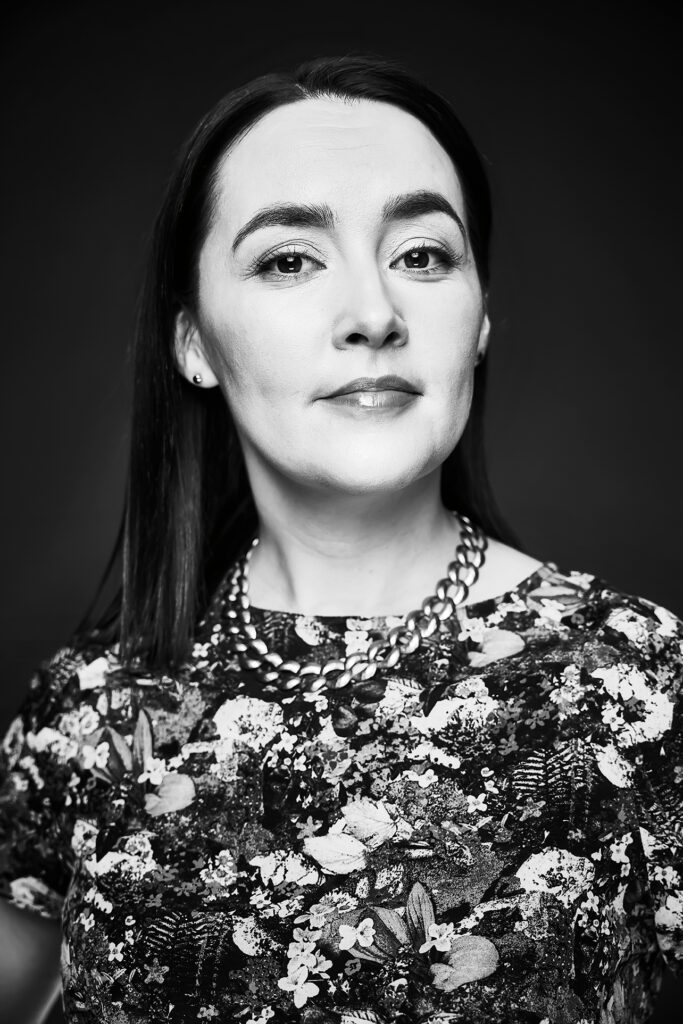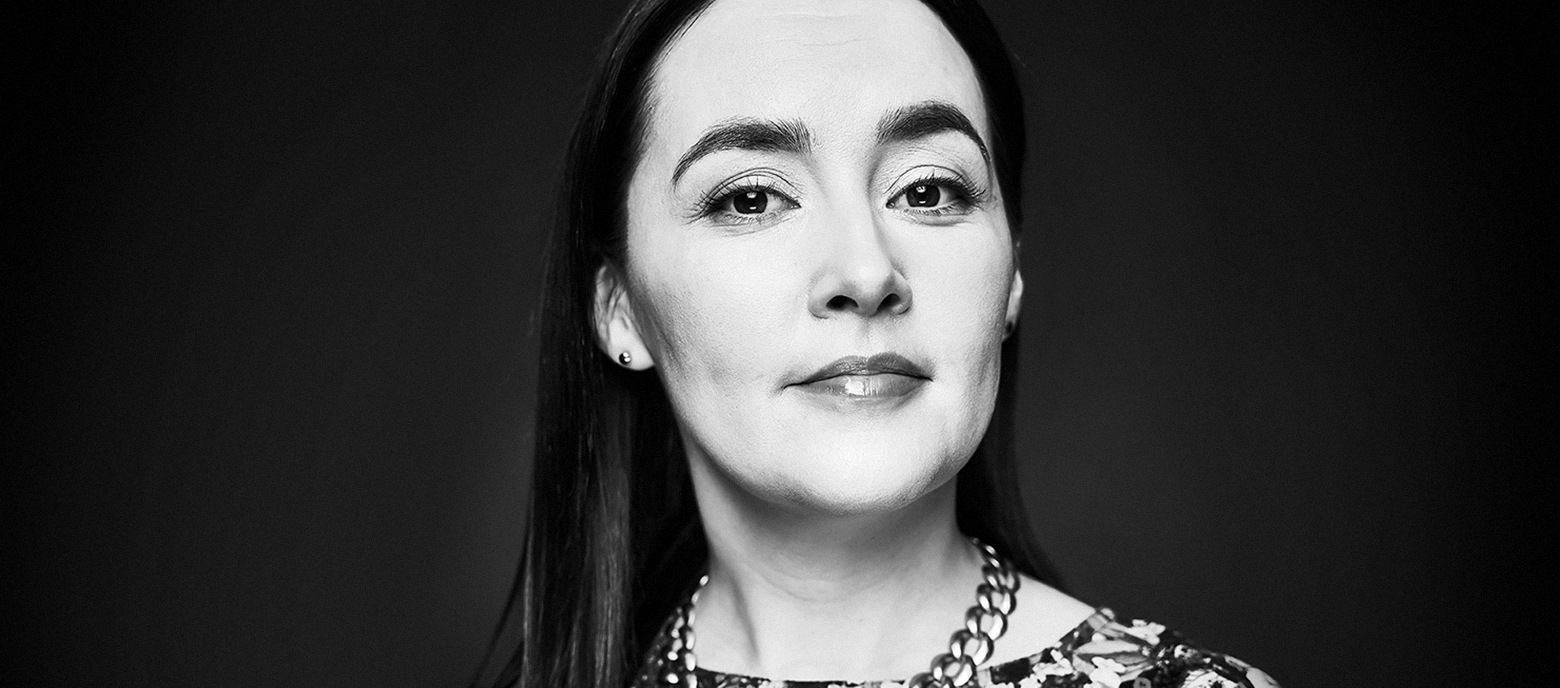Sarah Beamish suspects that her civil-litigation practice at Beamish Law might look like a bit of a mishmash: defamation cases, environmental assessments, First Nations governance support, human-rights complaints. “It can seem like I do stuff across a ton of areas that don’t necessarily fit together,” the 37-year-old says. But there is a unifying principle. “I’m always trying to push every single area of the law I interact with to be much more responsive to the realities that Indigenous people face each day.” Growing up as a justice-oriented kid, Beamish found it “impossible not to pay attention to Indigenous issues in Canada.”

Sarah Beamish
Principal, Beamish Law
Year of call: 2016
Beamish first began to advocate for human rights in her youth, going on to volunteer with Amnesty International in high school. Alex Neve met Beamish in those early days, when he was secretary general at Amnesty International Canada. “I was blown out of the water by this intelligent, insightful, strategic, compassionate young person,” says Neve, who now teaches law at the University of Ottawa and Dalhousie University. “But her journey was just beginning.”
That journey proved meteoric. In 2010, Beamish became president of Amnesty International Canada (at 24, the youngest ever) and later served as the global chair of Amnesty International (at 33, the only Canadian ever). Throughout, she wrapped up university, attended law school and launched her legal career.
In 2020, one year after founding her practice, Beamish took on a low-bono file. A family’s seven-year-old Kanien’kehá:ka daughter, after going to the emergency ward with a UTI, was subjected to a non-consensual genital examination by a doctor who suspected sexual abuse. “That suspicion was unfounded—the family feels that this was racial profiling through and through,” Beamish says. The parents brought a complaint of discrimination to the College of Physicians and Surgeons of Ontario, which ruled the incident as merely a communication breakdown. Beamish appealed to the Health Professions Appeal and Review Board, which found that the college failed to conduct an adequate investigation. “The decision said that when an Indigenous person believes discrimination affected their care, you have to investigate that complaint—you can’t just brush it off,” says Beamish. “It shouldn’t have been such a big deal that they said that, but, sadly, it is.” The case is currently making its way through further review.
Beamish recognizes the power of her position. “As a lawyer, you have this form of knowledge and power and access that’s unlike anything else,” she says. “I can’t squander that.”
This story is from our Spring 2023 Issue.
Photography by Daniel Ehrenworth. Hair and makeup by Jasmine Merinsky.


